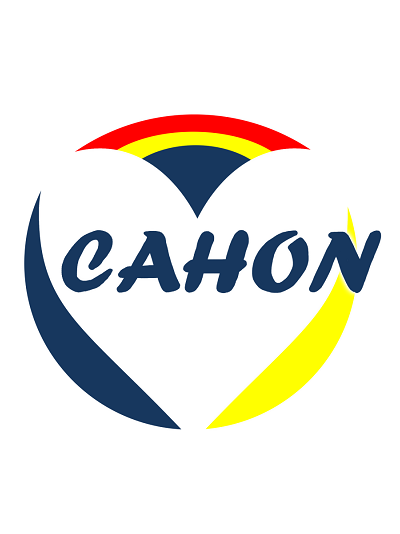N7-methylguanosine modification in cancers: from mechanisms to therapeutic potential
IF 29.5
1区 医学
Q1 HEMATOLOGY
引用次数: 0
Abstract
N7-methylguanosine (m7G) is an important RNA modification involved in epigenetic regulation that is commonly observed in both prokaryotic and eukaryotic organisms. Their influence on the synthesis and processing of messenger RNA, ribosomal RNA, and transfer RNA allows m7G modifications to affect diverse cellular, physiological, and pathological processes. m7G modifications are pivotal in human diseases, particularly cancer progression. On one hand, m7G modification-associated modulate tumour progression and affect malignant biological characteristics, including sustained proliferation signalling, resistance to cell death, activation of invasion and metastasis, reprogramming of energy metabolism, genome instability, and immune evasion. This suggests that they may be novel therapeutic targets for cancer treatment. On the other hand, the aberrant expression of m7G modification-associated molecules is linked to clinicopathological characteristics, including tumour staging, lymph node metastasis, and unfavourable prognoses in patients with cancer, indicating their potential as tumour biomarkers. This review consolidates the discovery, identification, detection methodologies, and functional roles of m7G modification, analysing the mechanisms by which m7G modification-associated molecules contribute to tumour development, and exploring their potential clinical applications in cancer diagnostics and therapy, thereby providing innovative strategies for tumour identification and targeted treatment.癌症中的n7 -甲基鸟苷修饰:从机制到治疗潜力
n7 -甲基鸟苷(m7G)是一种参与表观遗传调控的重要RNA修饰,在原核生物和真核生物中都有发现。它们对信使RNA、核糖体RNA和转移RNA的合成和加工的影响使m7G修饰能够影响多种细胞、生理和病理过程。m7G修饰在人类疾病,特别是癌症进展中起着关键作用。一方面,m7G修饰相关调节肿瘤进展并影响恶性生物学特性,包括持续增殖信号传导、抵抗细胞死亡、激活侵袭和转移、能量代谢重编程、基因组不稳定和免疫逃避。这表明它们可能是癌症治疗的新靶点。另一方面,m7G修饰相关分子的异常表达与临床病理特征有关,包括肿瘤分期、淋巴结转移和癌症患者的不良预后,这表明它们具有作为肿瘤生物标志物的潜力。本文综述了m7G修饰的发现、鉴定、检测方法和功能作用,分析了m7G修饰相关分子促进肿瘤发展的机制,并探讨了m7G修饰相关分子在癌症诊断和治疗中的潜在临床应用,从而为肿瘤鉴定和靶向治疗提供创新策略。
本文章由计算机程序翻译,如有差异,请以英文原文为准。
求助全文
约1分钟内获得全文
求助全文
来源期刊
CiteScore
48.10
自引率
2.10%
发文量
169
审稿时长
6-12 weeks
期刊介绍:
The Journal of Hematology & Oncology, an open-access journal, publishes high-quality research covering all aspects of hematology and oncology, including reviews and research highlights on "hot topics" by leading experts.
Given the close relationship and rapid evolution of hematology and oncology, the journal aims to meet the demand for a dedicated platform for publishing discoveries from both fields. It serves as an international platform for sharing laboratory and clinical findings among laboratory scientists, physician scientists, hematologists, and oncologists in an open-access format. With a rapid turnaround time from submission to publication, the journal facilitates real-time sharing of knowledge and new successes.

 求助内容:
求助内容: 应助结果提醒方式:
应助结果提醒方式:


